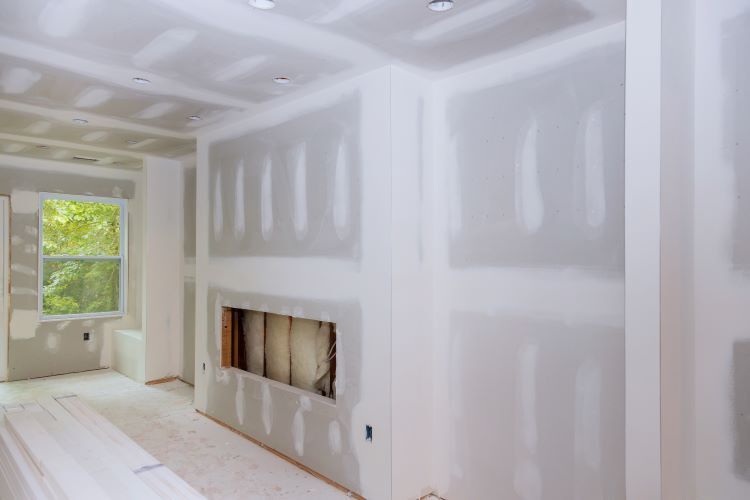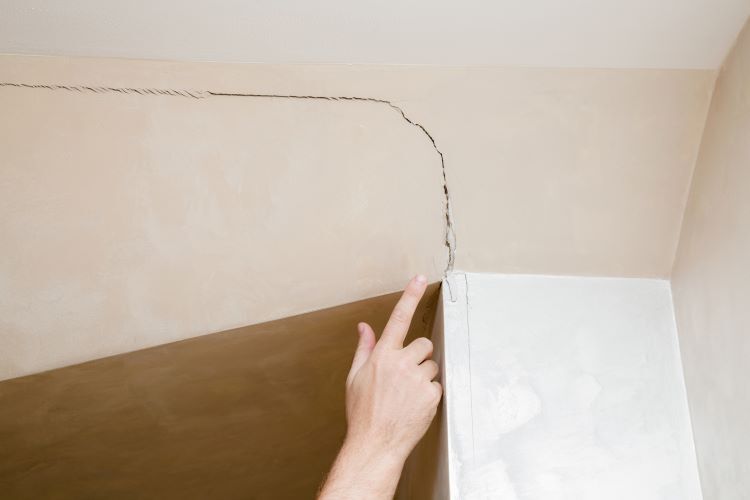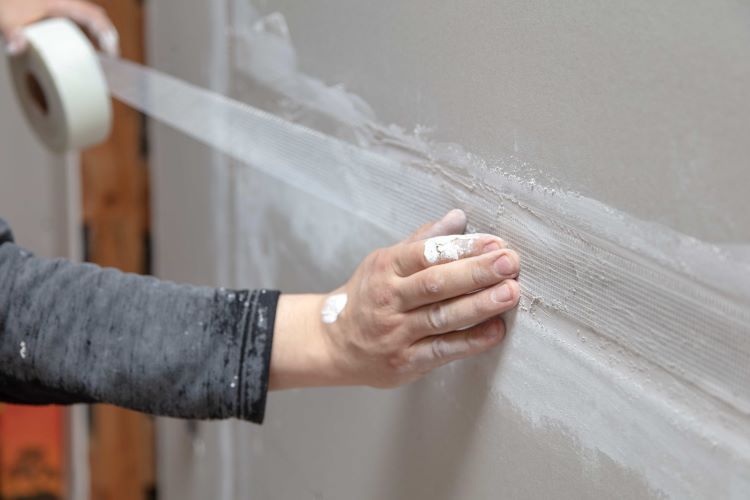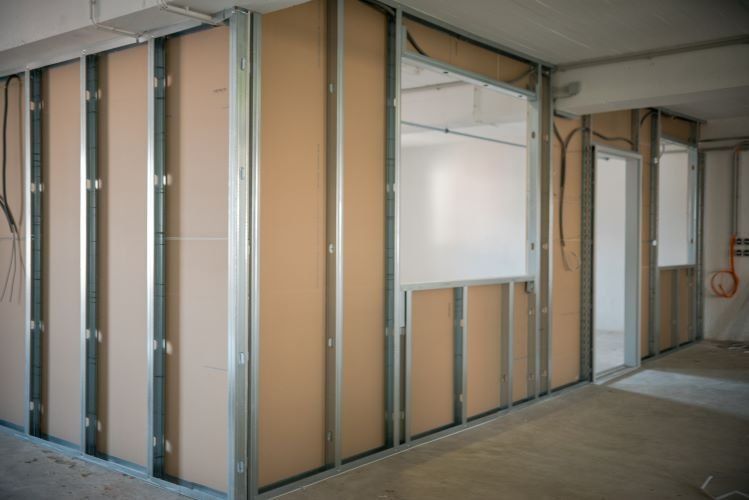Drywall Maintenance Tips: Keeping Your Walls in Perfect Condition

Maintaining your drywall is crucial for preserving the aesthetics and structural integrity of your home. At Calgary Drywallers, we understand the importance of proper drywall upkeep to ensure your walls remain pristine for years. In this blog article, we'll share essential drywall maintenance tips to help you keep your walls in top shape.
1. Regular Inspection
Regularly inspecting your drywall is the first step in maintaining its condition. Look for signs of damage such as cracks, dents, and holes. Pay special attention to areas around windows, doors, and high-traffic areas where damage is more likely to occur.
Tips:
- Conduct a visual inspection at least twice a year.
- Use a flashlight to check for subtle cracks or imperfections.
2. Addressing Cracks and Holes Promptly
Small cracks and holes can quickly become larger issues if not addressed promptly. Fixing these minor damages as soon as they appear can prevent further deterioration.
Tips:
- For small cracks and holes, use a pre-mixed joint compound to fill the gaps.
- Sand the area smooth once the compound is dry, then repaint to match the surrounding wall.
3. Preventing Moisture Damage
Moisture is a significant enemy of drywall, leading to mold growth and structural damage. Keep your home’s humidity levels in check to prevent moisture-related issues.
Tips:
- Use exhaust fans in bathrooms and kitchens to reduce humidity.
- Repair any leaks in your plumbing or roof immediately.
- Consider using moisture-resistant drywall in areas prone to dampness, such as basements and bathrooms.
4. Cleaning Your Drywall
Keeping your drywall clean is essential for maintaining its appearance. Dust and dirt can accumulate on walls, making them look dull and dirty.
Tips:
- Use a soft, dry cloth or a vacuum with a brush attachment to remove dust from your walls.
- For more stubborn stains, use a damp sponge with a mild detergent. Avoid soaking the drywall as excessive moisture can cause damage.
5. Protecting High-Traffic Areas
High-traffic areas are more prone to damage from everyday activities. Protect these areas to minimize wear and tear.
Tips:
- Consider installing chair rails or wainscoting to protect the lower part of your walls.
- Use corner guards to protect vulnerable edges from bumps and knocks.
6. Repainting for Freshness
Repainting your walls periodically not only keeps them looking fresh but also provides an opportunity to inspect for any hidden damage.
Tips:
- Use high-quality paint with good coverage to ensure a smooth finish.
- Prep the walls properly by cleaning and sanding any rough areas before painting.
7. Handling Major Repairs
For major repairs, such as large cracks, extensive water damage, or significant mold issues, it’s best to call in the professionals. Attempting to fix these problems on your own can lead to further damage if not done correctly.
Tips:
- Contact a professional drywall contractor, like Calgary Drywallers, for major repairs.
- Regularly schedule professional inspections to catch potential issues early.
8. Avoiding Heavy Wall Hangings
While drywall can support a reasonable amount of weight, excessive loads can cause damage over time. Be mindful of how much weight you’re putting on your walls.
Tips:
- Use appropriate anchors and screws for heavy items.
- Distribute weight evenly and avoid overloading single points.
Conclusion
Proper drywall maintenance is essential for keeping your home looking its best and preventing costly repairs down the line. By following these tips, you can ensure your drywall remains in excellent condition. For professional drywall services and expert advice, trust the team at Calgary Drywallers. We’re here to help you with all your drywall maintenance and repair needs in Calgary, Alberta. Contact us today to learn more about our services!
You might also like


